A Letter of Intent
By speaking of a human dieback and of civilization's collapse, I immediately place myself in the company of a long line of doomsayers, including the biblical prophets, Y2Kers, and the many religious and secular Millennium, 2012 and neo-apocalyptic cults. I am not informed enough to comment on my company and their beliefs.
At the moment, I am not interested in belief. My focus, instead, is in accumulating easily verifiable information from respected journals and books regarding the state of the planet, the human condition and that of other living beings and to synthesize this information into digestible bites.
From the title of this site, you may gather that I have already come to a conclusion regarding the human predicament. And yes, the data suggests very strongly that humanity has already passed through the threshold from sustainability into ecologic collapse. However, it is much more complicated than that. For as all can see, there are still birds in the air, plenty of fragrant air, and great forests through which many of us can yet tromp. With each passing day, more people are being well-fed, more jobs created, more power plants built. Civilization is not crashing yet.
No, for the most part, we are still in overshoot mode, something William Catton prophetically described in 1980 in his book “Overshoot.” Overshoot means “growth beyond an area’s carrying capacity, leading to a collapse in the population. Collapse, crash, dieoff, dieback: all refer to the same ecologic phenomenon. A species degrades, destroys or consumes more than the ecosystem can regenerate. Eventually, the environment is degraded beyond its ability to support the specie’s population. To re-establish equilibrium within the ecosystem, the population must disappear. If they can’t migrate out, they die. They may starve, as was the case of the moose on Isle Royale in Canada, or they may suffocate in their own wastes, like yeasts do in a wine vat. Humans are doing both – 850 million people go to bed hungry every day, and global warming is one example of our ecosystem becoming overwhelmed by our wastes. Meanwhile, our ecosystem is the whole of the earth. When we destroy this one, we can’t simply be moved to another island or to the next wine vat.
Of the terms, I prefer dieback for the same reasons James Howard Kunstler favors it in The Long Emergency. Die-off is being used by many people who are predicting the extinction of our species. They have co-opted the word to mean something far more dire than the way it is used in the scientific literature. Like Kunstler, I, too, interpret the data to presage severe human losses in the not-too distant future, but not anything that will take us close to extinction. We will lose many of our human family, but there will still be many to carry on.
The extinction of our species is not my concern. Surely, that will one day happen, but given the tenacity of our kind, that day is yet distant. The average lifespan of a species is four million years, and we have not lived but a small portion of that. It is the suffering to ours and other species that is my concern. The Dieback of our species and the collapse of both the global ecosystem and of our civilization will involve terrifying pain and suffering for many. Already, half our human family suffers greatly from hunger, starvation, micronutrient deficiencies and diseased waters. At least three billion people, mostly in African and Asia, live in ways completely hostile to the basic psychological sense of health and security.
To either avert a human dieback or to survive the horrors of the dieback without losing all the higher ideals of civilization will require an enormous jump in the level of our consciousness. Individually and collectively, we are not yet equal to the task nor to the name given our species – Homo sapien. We are not wise. We are intelligent, we are clever, tenacious, adaptive, and many things beautiful and perverse. Global warming more than wars, even, highlights the limits of our wisdom. For rather than follow the obvious injunction to transform our lives and consume far less, we continue our ways with some head scratching and nominal nods to carbon credits and fluorescent light bulbs and hybrid cars that burn fuel only half as fast the gas guzzlers the rest of us drive. And still the atmospheric carbon levels rise.
Being a parent has pulled me into a mindspace akin to the Iroquois’s notion of making decisions as though they affected the next seven generations. So, my focus here revolves around the consciousness –- the level of awareness –- necessary for humanity to understand what ways are sustainable and the wisdom to behave accordingly.
